Hypoglycemia is a condition when the blood sugar level in your body is low. This condition affects individuals who have diabetes and are taking insulin regularly. However, hypoglycemia can also affect individuals without diabetes if their blood sugar level goes very low. If not addressed right away, hypoglycemia can be dangerous.
If you have diabetes and are taking medication for your condition, you should take note of the dos and don’ts for hypoglycemia. Below we have compiled a list of the do’s and don’ts to keep in mind:
The Do’s
Do Have Some Sugary Foods on Hand
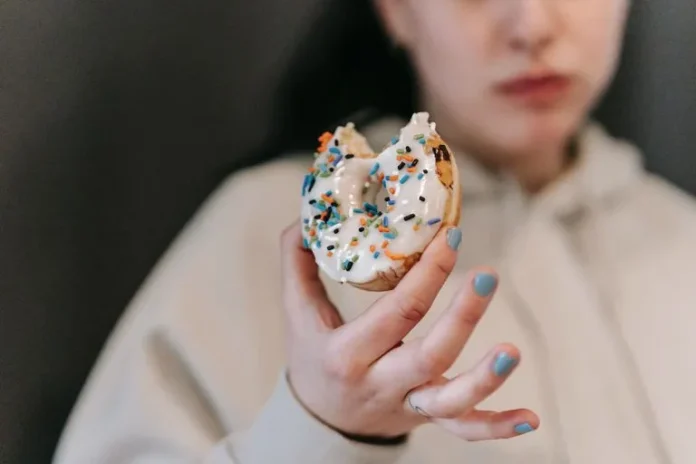
Hypoglycemia can strike almost anyone at any moment. As a result, it is critical to maintain your readiness. It is advised to keep something sweet or have any food item that has 15 grams of carbohydrates.
Glucose tablets, fruit juice, hard candy, gumdrops, or even regular cola on hand are good examples. If you want a more natural sweetener, you can use honey or fruit juice as a substitute.
Do Rest, Eat, and Retest
Because hypoglycemia is a potentially dangerous condition, it must be addressed immediately. If you experience hypoglycemia, take a fast-acting carbohydrate or some of the items mentioned above as soon as possible. If you’re more stable, you need to retest your blood sugar levels after 10-15 minutes.
Do Visit Your Doctor
If you notice that your blood sugar often decreases, or if you’re often experiencing hypoglycemia, it’s best that you consult with your doctor.
Hypoglycemia can result in your vision blurring, difficulties focusing, fuzzy thinking, slurred speech, numbness, and sleepiness. Long-term low blood sugar levels can starve the brain of glucose, which can cause seizures, comas, and sometimes even death.
Do Follow the Proper Medication
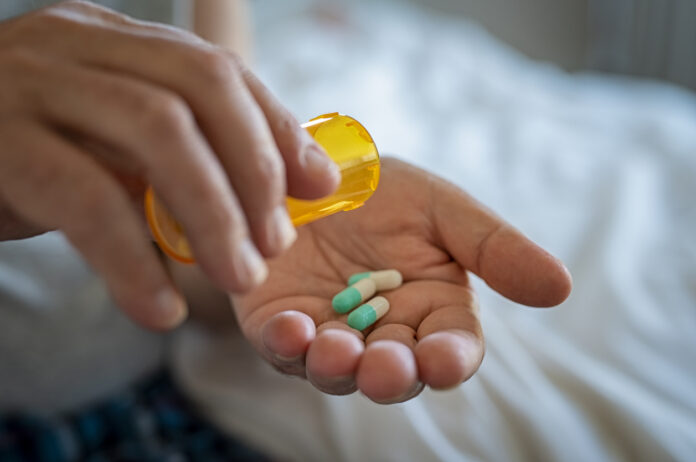
After you visit your doctor, you should follow any instructions. If you are given medication for hypoglycemia, you should ensure that you are taking them religiously. If the medication is instructed to be taken as needed, it is highly recommended to have enough supplies at home.
If you’re worried about the cost of your medication, then you can get discount cards from reliable sources such as BuzzRx as Solution for High Prescription Costs. Although they won’t make medication free, discount cards can greatly help you Save on Prescriptions at local pharmacy. As a result, you will never have to worry about not getting the proper medication for your low blood sugar.
Do Become More Cautious
Once you have experienced hypoglycemia, you are advised to become more cautious after you recover. There is a high chance that you will experience another round of hypoglycemia attack, referred to as rebound hypoglycemia. You should keep this in mind, especially if you consume food with carbs.
Do Keep Your Glucometer Within Reach
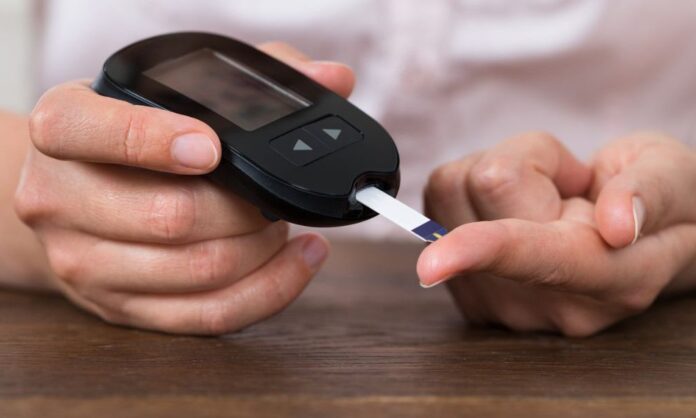
Anyone diabetic should regularly check their blood sugar level to monitor their condition. To do this, you should carry your glucometer wherever you go. By monitoring your blood sugar levels regularly, you will know when your blood sugar is increasing or decreasing.
Do Inform Your Loved Ones of Your Condition in Advance.
Educating your family and friends about your health and the prescriptions you are taking is crucial. Additionally, you should follow them in becoming familiar with the locations where you put your glucose pills and other prescribed drugs from your doctor. In reality, to avoid any unforeseen difficulties, it is advised that you contact your family or friends in advance.
The Don’ts
Don’t Disregard the Warnings

You should always appreciate the symptoms of low blood sugar. Treatment for the condition is required immediately. If you are experiencing low blood sugar, you should immediately grab a piece of candy or anything that is sweet and consume it immediately.
Don’t Disregard a Low Blood Sugar Reading
You should take your blood sugar readings seriously even if you don’t feel any symptoms of hypoglycemia. You can call your doctor or visit the hospital immediately to do something about the low blood sugar reading. When it comes to your health, it’s better to be safe than sorry.
Don’t Pick Protein Above Carbohydrates

Although protein has many benefits, you should never choose protein when you have hypoglycemia. Choosing healthy carbs in this situation is equally crucial. Choose fast-acting glucose sources, including glucose tablets, juices, or any fat-free sweets you may have on hand.
Don’t Sleep Without Testing Your Blood Sugar
By monitoring your blood sugar levels before bed and following the required precautions, you can lower your chance of developing hypoglycemia at night. After discussing your options with your healthcare provider and determining what is best suited for you, it is advised for children to monitor their blood sugar levels.
Don’t Do Strenuous Activities
If you have hypoglycemia, avoid engaging in any form of strenuous activity straight away. Using extra glucose when your body already has low blood sugar levels will only worsen things. It is advisable to wait 24 to 48 hours after suffering a drop in blood sugar before engaging in vigorous activity.
Who Can Experience Hypoglycemia
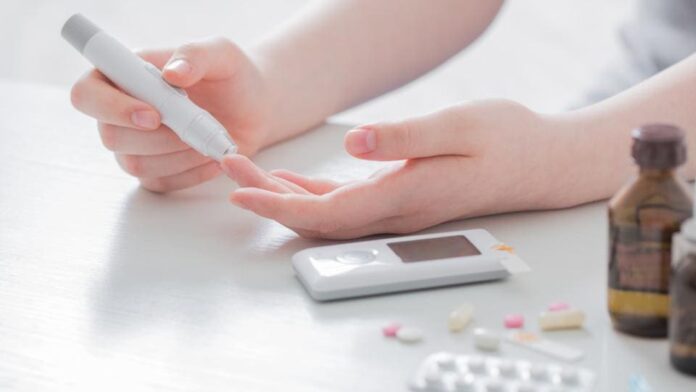
You need to note that not only diabetic patients can experience hypoglycemia. Although rare, individuals without diabetes can still experience hypoglycemia for various reasons. But even though it’s seldom for a healthy person to experience hypoglycemia, you must still be careful.
The most common causes of hypoglycemia in nondiabetic individuals are:
- Accidentally took someone’s diabetic medication
- Too much drinking of alcoholic beverages
- Having critical health conditions
- Starving for a long period
- Overproduction of insulin in the body
- Hormone deficiencies
That said, you must be extra cautious with your body and how you feel if you think you might have done or have the causes mentioned above. This way, you can prevent experiencing hypoglycemia. Remember, hypoglycemia can cause comatose, and preventing it is better.
Take The Do’s and Don’ts Seriously
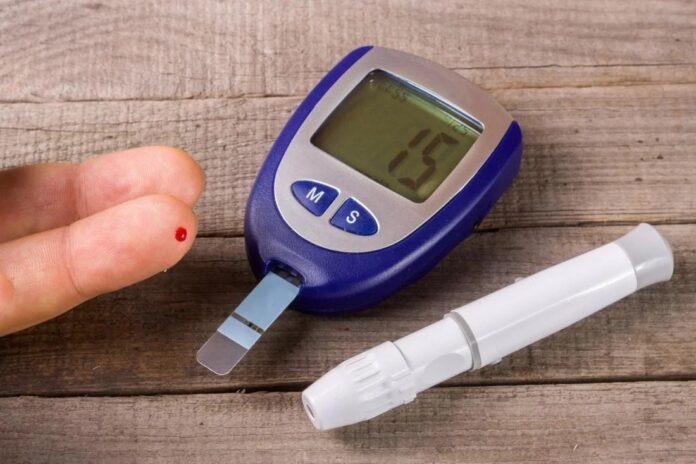
Hypoglycemia, if left untreated, can cause permanent damage to your brain and can also cause death. That’s why you should take extra precautions if you are on diabetes medication or have already experienced hypoglycemia.
With the do’s and don’ts mentioned above, you’ll know how to better prevent hypoglycemia or help someone who’s experiencing it.









